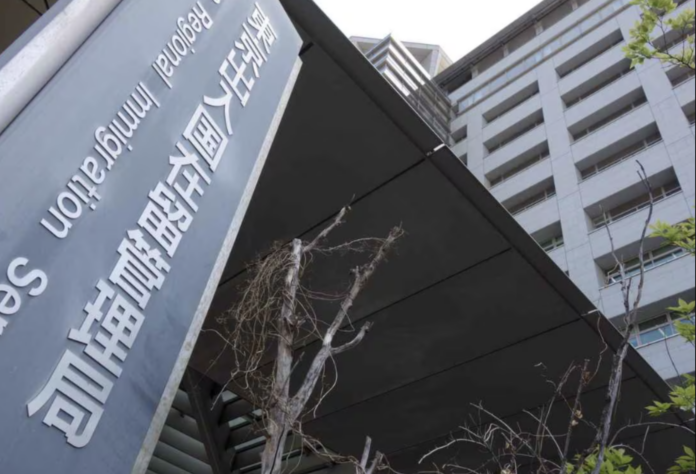On August 21, it was disclosed that the Government intends to introduce a system whereby foreign tourists who are exempt from short-term visas, such as for sightseeing, will be screened before they travel to the country. The aim is to eliminate illegal aliens who came to Japan from visa-exempt countries and stay here by abusing refugee status applications, etc., even if they are rejected at the post-entry examination. The budget for next fiscal year will cover the cost of the investigation.
Tentatively named the Japanese version of ESTA (JESTA), based on ESTA, or Electronic System for Travel Authorization, introduced by the USA for counter-terrorism and other purpose. The government is planning to introduce the system by 2030.
Visas required for foreign nationals to visit Japan are issued after examination if they declare the purpose of their stay at the local Japanese embassy, etc. Visas from 71 countries and territories have been exempted only for short-term stays, such as sightseeing.
However, there is no end to cases of people coming to Japan from visa-exempt countries and staying illegally under the guise of tourism. Of the 49,801 illegal short-term visitors to Japan as of January 2024, more than 28,000 came from visa-exempt countries. Cases of abuse of the refugee status system, which prevents deportation if an application is made, have also became apparent.
JESTA requires foreigners from visa waiver countries to declare purpose of entry, place of stay and other information online before traveling to the country for examination. If there is a risk of illegal stay, they aren’t given the travel authorization they need to leave the country and are encouraged to obtain a regular visa.
A system will also be launched on a trial basis during the current fiscal year to have airlines transmit names and other information to the Immigration Control Agency when foreigners arriving in Japan complete boarding procedures for an aircraft. The information will be checked against a “blacklist” of foreigners with criminal records, etc., and those requiring caution will be informed to the airlines, which will then be able to refuse boarding.



